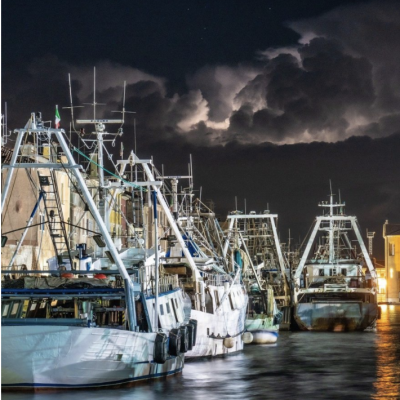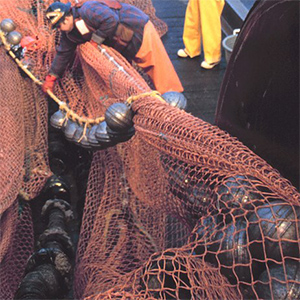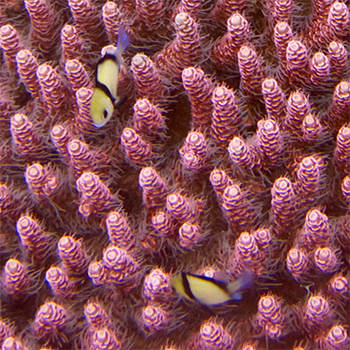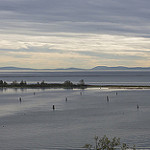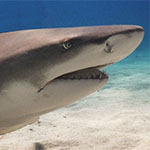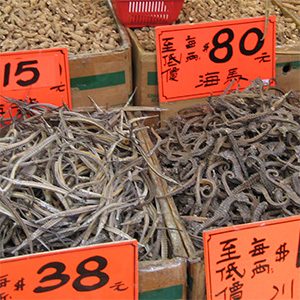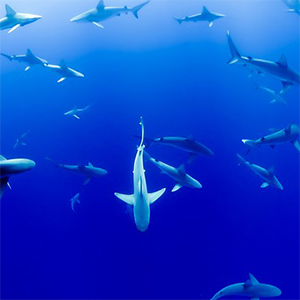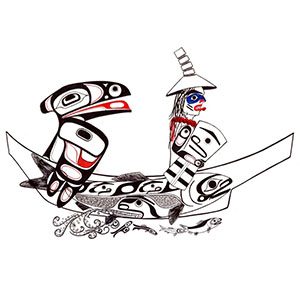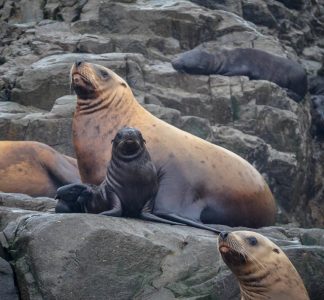Nearly 300 scientists ask the WTO to ban harmful fisheries subsidies
The researchers feel the WTO could use their upcoming meeting to sign an agreement that forbids such harmful practices, while allowing for small-scale, sustainably managed wild fisheries.
Countries likely missing out on revenue from catch share fisheries
Despite harvesting an estimated global value of US$17.7 billion worth of fish, many catch share fisheries may be paying little or no royalties on their harvests, with countries likely foregoing this potential source of revenue.
Coral reefs are 50% less able to provide food, jobs, and climate protection than in 1950s, putting millions at risk
Global coverage of living corals had declined by about half since the 1950s and consequently, the diversity of species had also declined, by more than 60%.
Marine protected areas can improve both human well-being and biodiversity conservation, new study finds
Small MPAs had more positive well-being outcomes, while large MPAs are shown to be more ecologically effective.
Official stats mask almost all species of shark and ray caught in the Mediterranean and Black seas
97% of the sharks and rays caught and brought to market domestically are not reported by species.
Despite export bans global seahorse trade continues
95% of dried seahorses in Hong Kong’s market were reported as being imported from source countries that had export bans in place.
The tragic disappearing act of Mediterranean sharks
IOF alumnus Madeline Cashion discusses efforts to save the shortfin mako shark, and how her research is helping.
Women play critical role in fisheries governance, studies suggest
IOF researchers investigated women’s roles in fisheries governance in British Columbia and in the Philippines.
Dr. Andrew Trites awarded the UBC Faculty of Science Alumni Builder Award
The Award recognizes alumni who have significantly contributed to the University and enriched the lives of others.
Drawing First Blood
Researchers publish first reference ranges for Steller sea lions
